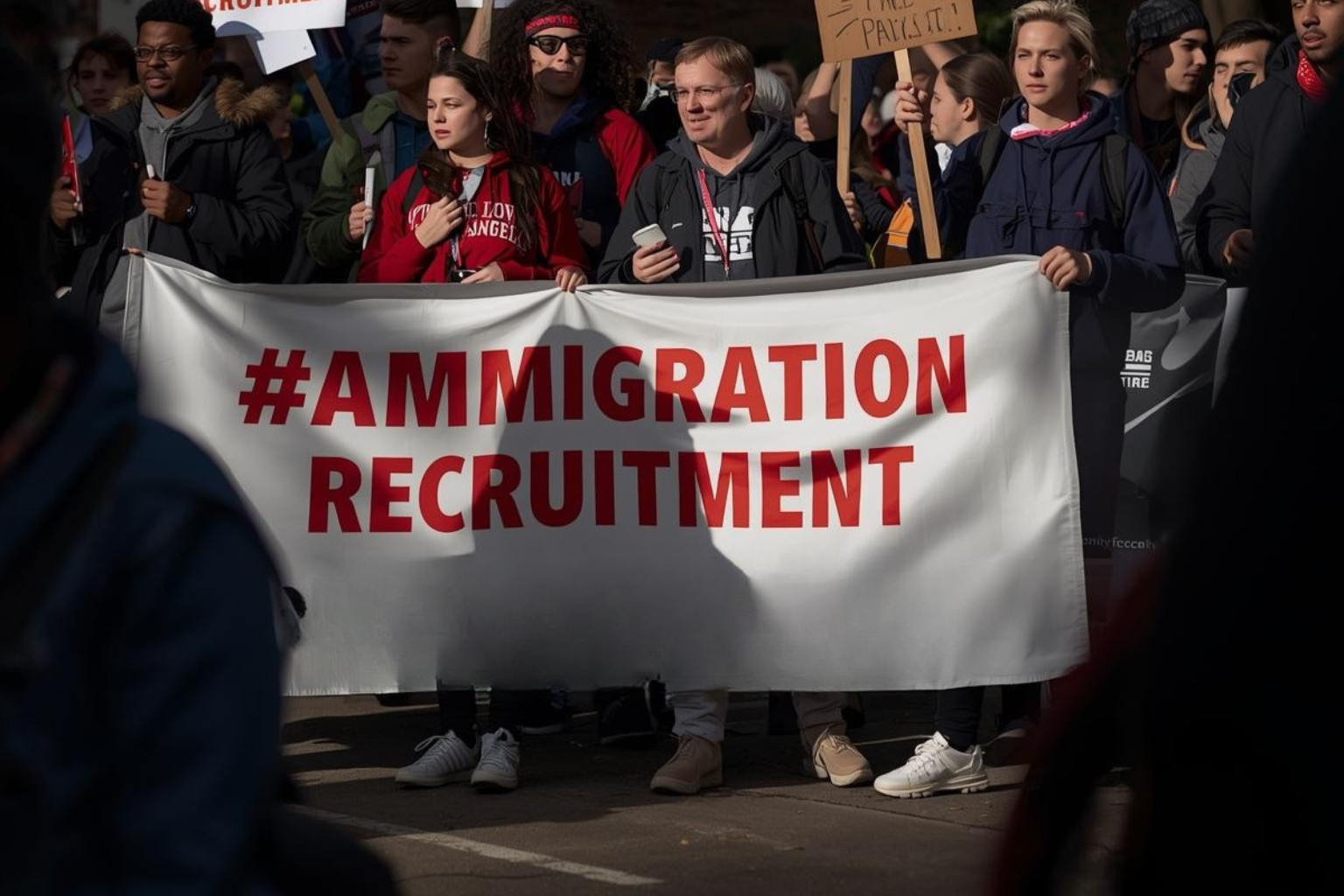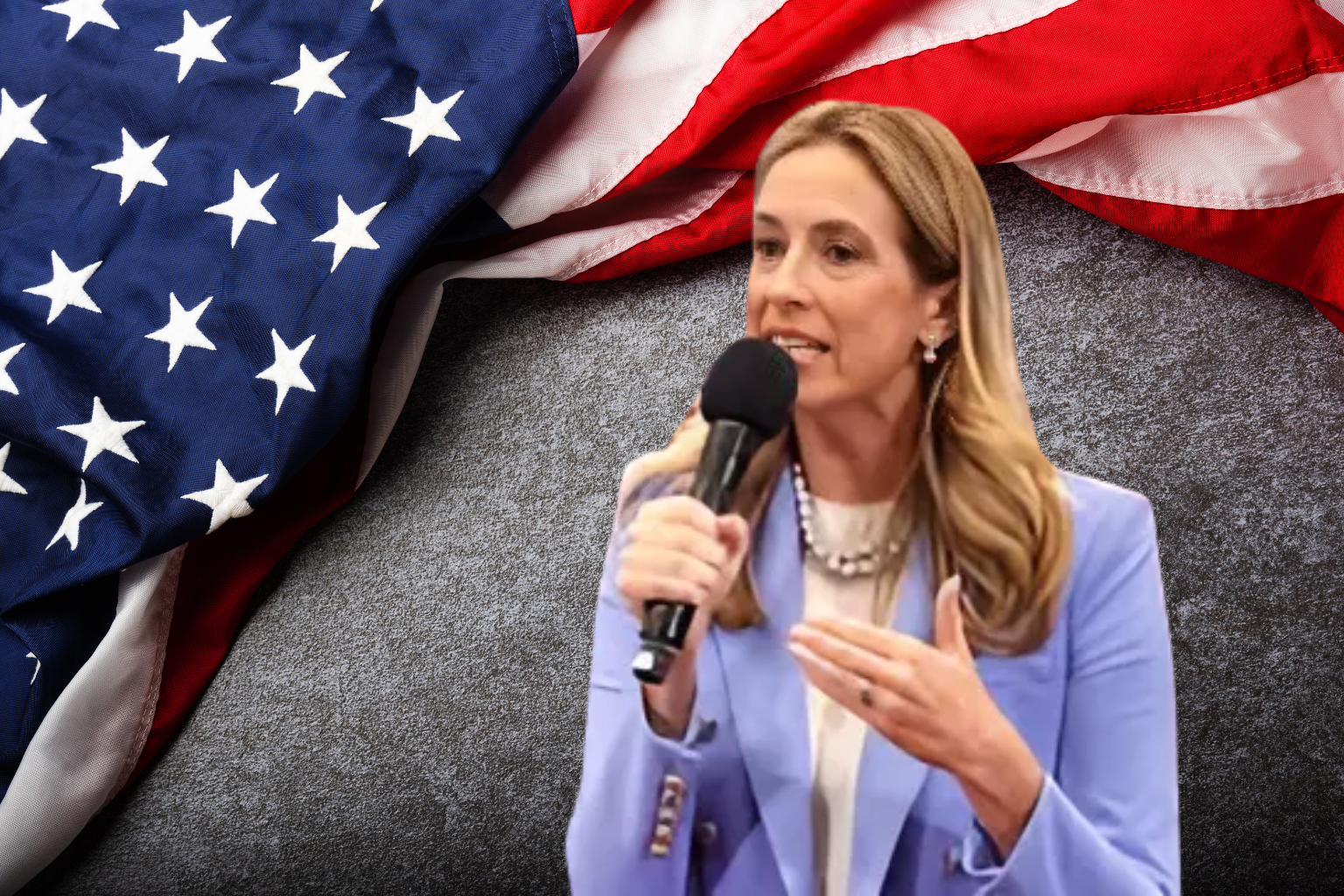Freed Convicted Killer Sparks Outrage Over Trump-Era Deportation Swap

Freed Convicted Killer Sparks Outrage Over Trump-Era Deportation Swap
A prisoner exchange that caused a lot of trouble during the Trump administration is now getting a lot of bad press when it came out that a convicted triple murderer was discreetly sent back to the U.S. and set free.
Dahud Hamid Ortiz is the man in question. He is a U.S. Army veteran who was found guilty in Spain of killing three people and given a 30-year prison sentence. Ortiz was part of a prisoner exchange with Venezuela in 2020, even though he had a history of violence. The deal also got several Americans who were being held there released. While the administration promoted the exchange as a success, critics say it represents a dangerous failure in judgment.
A Quiet Return — and No Accountability
When Ortiz arrived back in the United States, there was no public announcement about his past crimes. Instead, the Trump administration focused on highlighting that “all Americans detained in Venezuela” had been freed. The problem, according to critics, is that Ortiz was not considered “wrongfully detained” — and his criminal record was well-documented long before the swap.
Former President Biden’s team had rejected Ortiz in a similar deal in 2023, citing his conviction and the danger he posed. Yet during Trump’s tenure, Ortiz’s inclusion in the exchange went forward. That decision is now raising questions about whether the administration valued political optics over public safety.
Deportations vs. Dangerous Returns
Adding to the controversy is the broader backdrop of Trump’s immigration and deportation policies. While the administration frequently deported undocumented immigrants with no criminal records — in some cases separating families and disrupting communities — it also allowed a convicted murderer to return without any apparent restrictions.
Immigration and Customs Enforcement (ICE) under Trump faced criticism for aggressively pursuing removal targets, even from courthouses, and for focusing on “meeting deportation numbers” rather than prioritizing public safety. According to immigration advocates, this approach led to the expulsion of people with deep ties to their communities while letting dangerous individuals slip through in high-profile exchanges.
Fear for Victims and the Public
The case has left surviving victims deeply shaken. One man who Ortiz allegedly tried to kill in Spain, but who survived, has spoken out, saying the decision puts his life — and the lives of other Americans — at risk. He called on officials to correct what he sees as a reckless and dangerous oversight.
“If this was an omission, please make amends,” the survivor reportedly said. “Because it not only endangers me but all Americans.”
A Policy Problem That Won’t Disappear
Critics argue that the Ortiz case is part of a pattern in which Trump’s immigration and foreign prisoner policies were more about political theater than public safety. By deporting non-criminal immigrants at high rates while quietly releasing a convicted killer, the administration undermined its own stated priorities.
So far, there has been no official explanation from Trump or his former Secretary of State, Marco Rubio, about why Ortiz was allowed to return. When reporters asked about Ortiz’s case, the State Department refused to talk about it but said that the operation as a whole was a success.
The story may not have gotten much national attention, but the victims, their relatives, and the communities who are worried about safety are nonetheless very worried. Ortiz is still free in the United States. This shows that bad policy choices can have long-lasting effects and that there is still not enough transparency and accountability.
Sources:
U.S. Department of Justice
American Immigration Council
New York Times
Newsweek




